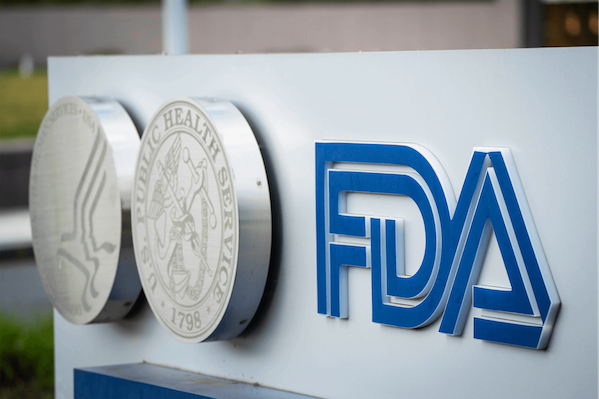When FDA made 200 rejection letters public
July 18, 2025
Source: drugdu
 246
246
 Recently, the U.S. FDA published for the first time about 200 Complete Response Letters (CRLs), covering new and generic drugs. This move marks a major institutional breakthrough in the FDA's transparency process and also reveals the information blind spots that have been kept secret in the pharmaceutical regulatory system for many years.
Recently, the U.S. FDA published for the first time about 200 Complete Response Letters (CRLs), covering new and generic drugs. This move marks a major institutional breakthrough in the FDA's transparency process and also reveals the information blind spots that have been kept secret in the pharmaceutical regulatory system for many years.
A CRL is a non-approval response from the FDA after evaluating a drug application (NDA or BLA), detailing the reasons for the rejection, the reviewers' concerns, and possible remedial measures that the applicant may need to take in the future. However, for a long time, these letters were only sent to pharmaceutical companies, and the FDA was not allowed to proactively disclose them unless the pharmaceutical company chose to disclose them. This often makes the real reasons for the failure of drug development unclear, and the outside world can only speculate based on the vague wording released by the company.
01 The reasons for rejection that are avoided
After a preliminary analysis of these FDA-disclosed CRLs, the media pointed out that the vast majority of them had been disclosed in some way in post-approval documentation, but there were still two that had never been published before. They involved AstraZeneca's 2019 inhaled drug Breztri Aerosphere for the treatment of chronic obstructive pulmonary disease, and Astellas's 2024 label expansion application for the ophthalmic drug Izervay.
Take Breztri Aerosphere, AstraZeneca's 2019 inhaled COPD treatment drug, as an example. The drug was originally intended to be a new treatment for COPD using triple therapy (inhaled corticosteroid budesonide, long-acting anticholinergic drug glycopyrrolate, and long-acting beta-agonist formoterol). After submitting the NDA, the FDA issued a CRL to reject the drug.
AstraZeneca issued a press release at the time confirming that it had received the FDA's response letter and said it would "continue to work with the FDA to advance the product's approval." But the company did not disclose key details. The FDA stated in the CRL that "the submitted data failed to provide sufficient evidence to demonstrate the safety and effectiveness advantages of Breztri Aerosphere." More specifically, its pivotal Phase 3 clinical trial AEROSPHERE trial did not achieve statistical significance in the co-primary endpoint of "improvement in baseline lung function" compared with the control group (containing only glycopyrrolate + formoterol).
This means that Breztri's triple combination is not better than the dual combination, and the FDA cannot confirm whether it is "worth adding a drug", which is crucial in COPD treatment. But this information was erased in the company's public rhetoric.
Although Breztri was eventually approved in 2020 after submitting more data, the scientific roots of the first round of failure would probably have remained unknown to the public if the FDA had not disclosed the CRL.
https://news.yaozh.com/archive/45781.html
By editorRead more on
- Rovaxitinib approved for marketing, filling the demand for myelofibrosis treatment March 2, 2026
- Warrant Pharmaceuticals’ active pharmaceutical ingredient receives Brazil’s first official GMP certification March 2, 2026
- Merck’s New Story March 2, 2026
- Rongchang Biotechnology has turned a profit! March 2, 2026
- Jiuyuan Gene’s “Simeglucopyranoside” for weight loss (Jikeqin®) has been submitted for market approval March 2, 2026
your submission has already been received.
OK
Subscribe
Please enter a valid Email address!
Submit
The most relevant industry news & insight will be sent to you every two weeks.



